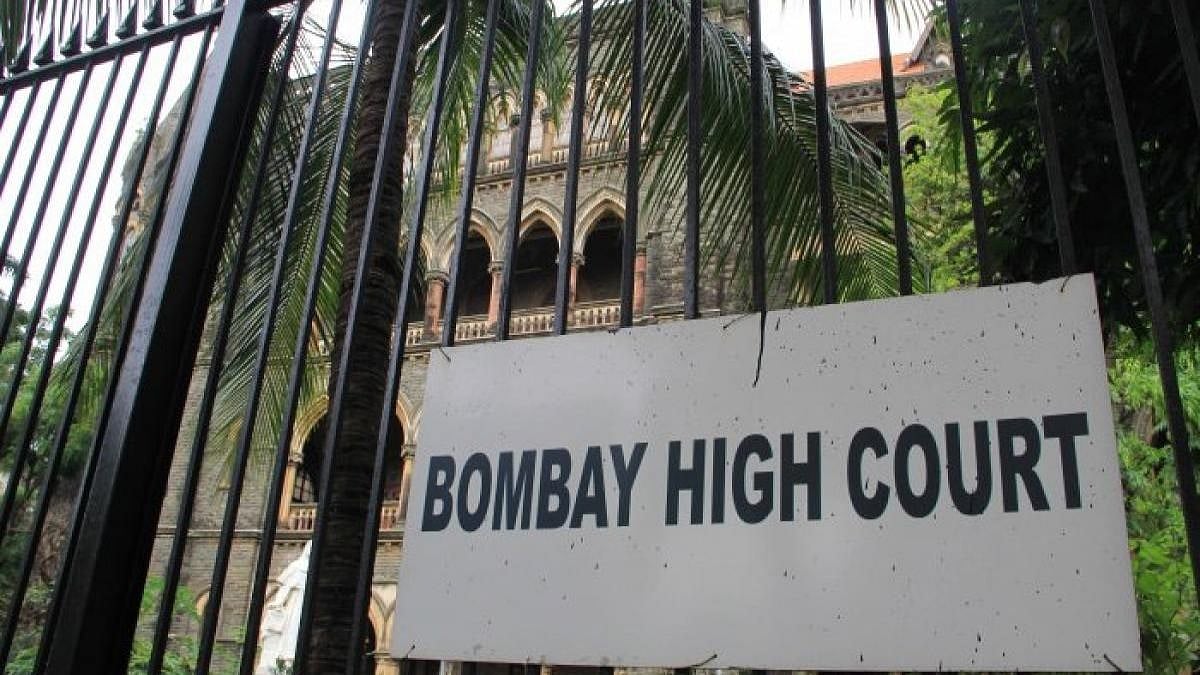Mumbai: Perfect compensation is hardly possible, but fair compensation ought to be the norm, the Bombay High Court observed while upholding a compensation of Rs 62 lakh awarded to the family of Charu Khandal, an animator with Shah Rukh Khan’s Red Chillies Entertainment, who died five years after a hit-and-run accident that left her paralysed.
A bench of Justices Girish Kulkarni and Advait Sethna on May 9 dismissed a petition filed by Cholamandalam MS General Insurance Co. Ltd, which had challenged the November 2020 order passed by the Motor Accident Claims Tribunal (MACT) awarding the compensation to Khandal’s family. The court held there was no “perversity, illegality or irregularity” in the tribunal’s ruling.
Khandal, 28, had worked on the visual effects of Shah Rukh Khan’s film Ra.One. In March 2012, She was returning from a party celebrating an award win when a speeding car hit the auto rickshaw she was travelling in at Oshiwara. The accident left her with cervical spinal injuries and paralysed from the neck down. She died in 2017 due to septicaemia, a complication arising from her quadriplegia.
The insurance company argued that there was no direct link between Khandal’s death and the accident since she died more than four years later. It claimed the tribunal had erred in assuming the cause of death was her condition following the accident. The high court rejected this contention, stating, “The cause of death was septicaemia, which was due to the traumatic quadriplegia.”
Calling the case a “heart-wrenching and a tragic saga” of a young woman with a promising career, the court observed that the Motor Vehicles Act is a “beneficial piece of legislation” and courts must not lose sight of the right to live a healthy life with dignity under Article 21 of the Constitution.
The judges noted that Khandal’s family had spent nearly Rs 18 lakh on medical treatment and that she would have required constant care and physiotherapy during the five years she lived with paralysis. “It would be extremely harsh, excessive and rather too pedantic an approach in such matters of life and death if we are to assess every single medical bill with mathematical accuracy which is not what the law would mandate,” the court said.
It further stated that the insurer cannot take a “hyper-technical view” to avoid its liability and deprive the family of rightful compensation. “Money cannot substitute a life loss but an effort must be made for grant of compensation where the money could compensate for the damages incurred,” the bench observed while relying a Supreme Court judgment.
